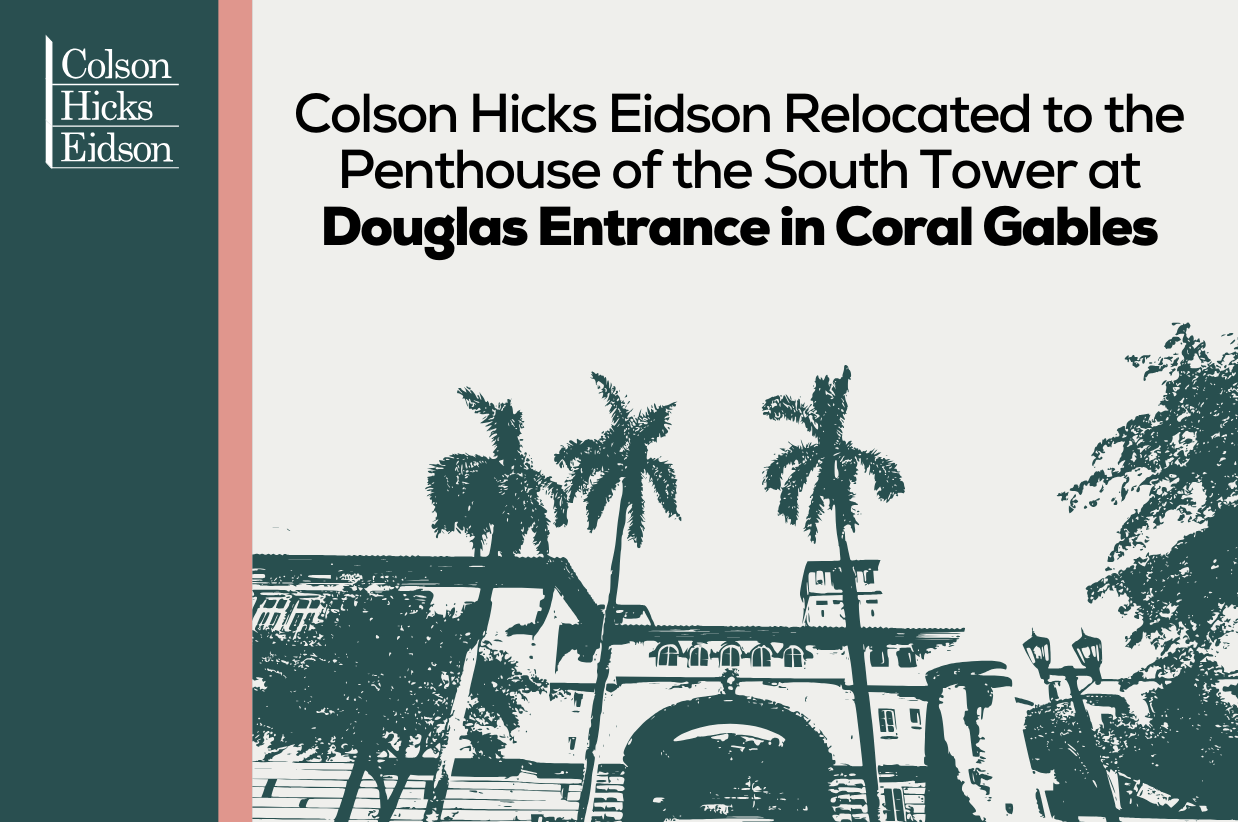Should there be a limit on the amount of damages a bereaved family can be awarded when their loved one has died due to medical malpractice? The Florida Supreme Court said no.
On March 13, The Florida Supreme Court ruled in the case of The Estate of Michelle Evette McCall vs. the United States of America, overturning an existing cap of $500,000 for doctors and $1 million for hospitals and clinics on non-economic damages in wrongful death cases. The Court declared the cap, which was signed into law in 2003, to be unconstitutional, saying it violated the equal protection clause of the Florida Constitution.
The case in question arose from a lawsuit filed by the parents of Michelle McCall against the U.S government, after McCall died in 2006 at the age of 20 as a result of complications from childbirth while delivering her son at the Fort Walton Beach Medical Center. Since McCall had been treated by U.S. Air Force physicians, her family sued the federal government and her parents, along with the father of her son, were awarded $2 million in non-economic damages. That award was then reduced to $1 million because of the cap.
To understand why the damages awarded to McCall’s family were capped, we must look back at the 2003 law that has now been overturned. The law in question was passed under former Gov. Jeb Bush, on the premises that Florida needed to rein in medical malpractice costs by limiting damages in such cases. Proponents of the law argued that by signing this cap into law, Florida would be creating a favorable environment for physicians, one that would encourage doctors to continue to choose to practice medicine in the State.
The Court’s recent analysis of the law was based on the arbitrary way that capped non-economic damages are awarded, reducing the actual damages sustained, without regard to the actual damages suffered by the survivors or the comparative fault of the tortfeasors. The Court did not address the other constitutional issues finding that a wrongful death case is not a common law claim and is limited to a statutory remedy so that the other constitutional challenges did not apply. The Court also held that the legislature’s data supporting the alleged rational basis for the imposition of caps and doctors leaving the State — was unsupported by the facts and available data. The Court refused to rule on whether the non-economic damages caps violated the constitution in medical negligence cases involving personal injury because the facts of the case before it did not involve personal injuries and therefore would constitute an impermissible advisory opinion.
The Florida Supreme Court’s decision represents a good step in the right direction to restore fairness, accountability and responsibility in medical negligence cases. Although the decision is limited to medical malpractice cases that result in wrongful death, there will no doubt be a personal injury medical malpractice case decided in the future. Given the analysis applied in McCall, it is likely that the Court will find that caps on non-economic damages in medical malpractice personal injury claims violate the Florida Constitution as well.





